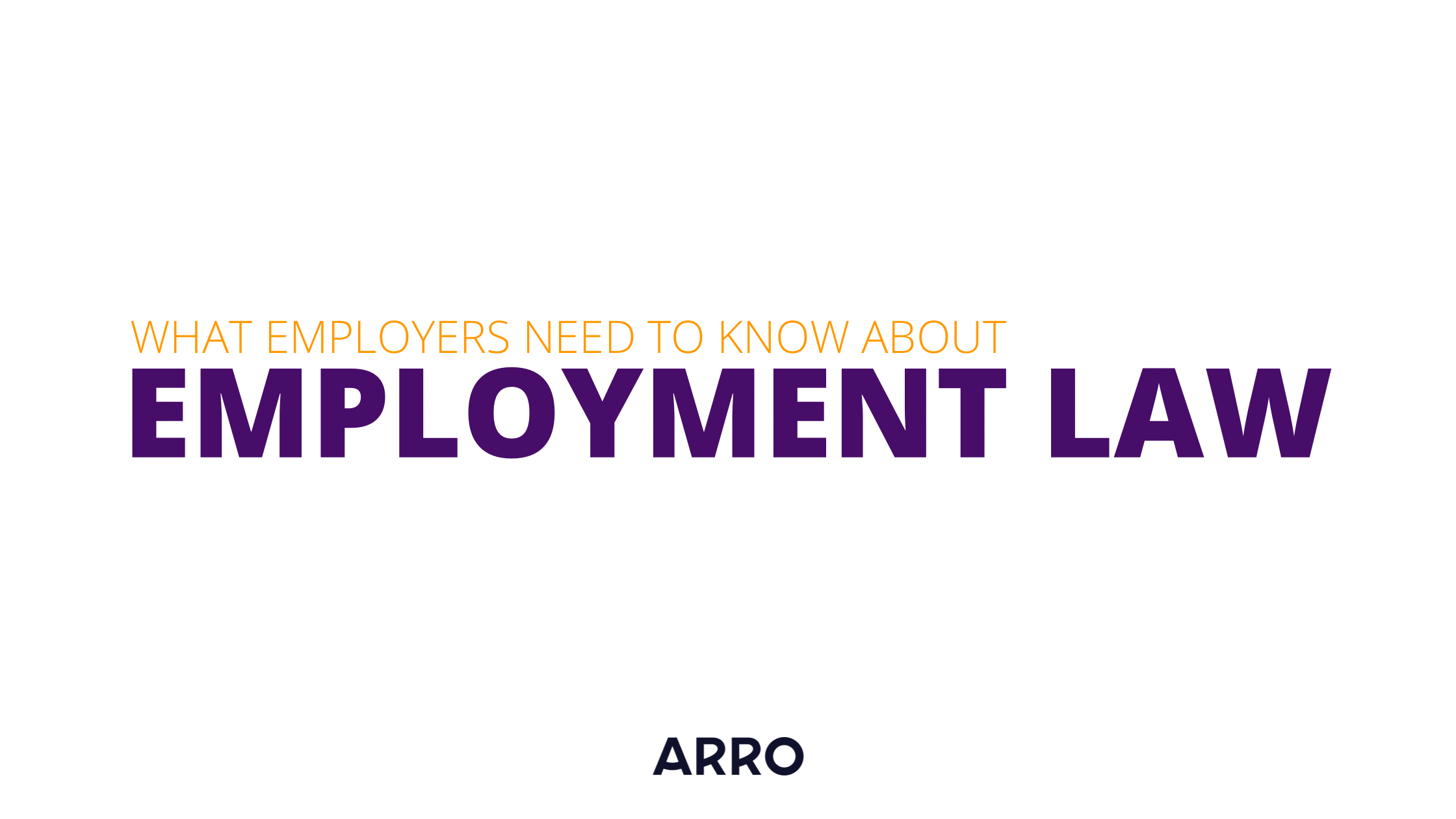Australian employment law plays a critical role in providing health and safety standards, dispute resolution alternatives and controls for the work conditions that should be provided within the workplace. Employers are obligated to follow Australian employment law and regulations.
Why does Employment legislation exist?
Employment legislation exists to regulate employment relationships between an employer and employee, whilst providing guidelines on dispute resolution (should they arise).
Main sources of employment law in Australia are:
• Legislation (Federal or State/Territory);
• Industrial instruments; and
• Common law.
Nationally, one of the most important pieces of federal employment legislation is the Fair Work Act 2009 (the ‘Act’) – which sets out the minimum terms and conditions for employees covered by the national workplace relations system. Within the Act, there are 10 minimum entitlements which apply to private sector employees – these are known as the National Employment Standards (NES).
It is essential to know what workplace relation system governs your business and the employees you engage.
What sources govern employment in Victoria?
In Victoria, health and safety laws are governed by state-based legislation under the Occupational Health and Safety Act 2004 (the ‘OHSA’). The OHSA outlines employer rights and obligations for workplace health and safety.
Other key pieces of Victorian legislation employers should be aware of include:
• Workers’ Compensation – Workplace Injury Rehabilitation and Compensation Act 2013 (Vic);
• Discrimination and Equal Opportunity – Equal Opportunity Act 2010;
• Bullying Laws – Crimes Act 1958, s21A.
Arro is highly experienced in advising employers across the full spectrum of the employment relationship. We take a proactive approach in our advice and focus on risk management and implementation of best-practice solutions, processes and procedures.
Should you require any assistance with an employment law matter, do not hesitate to contact us!




